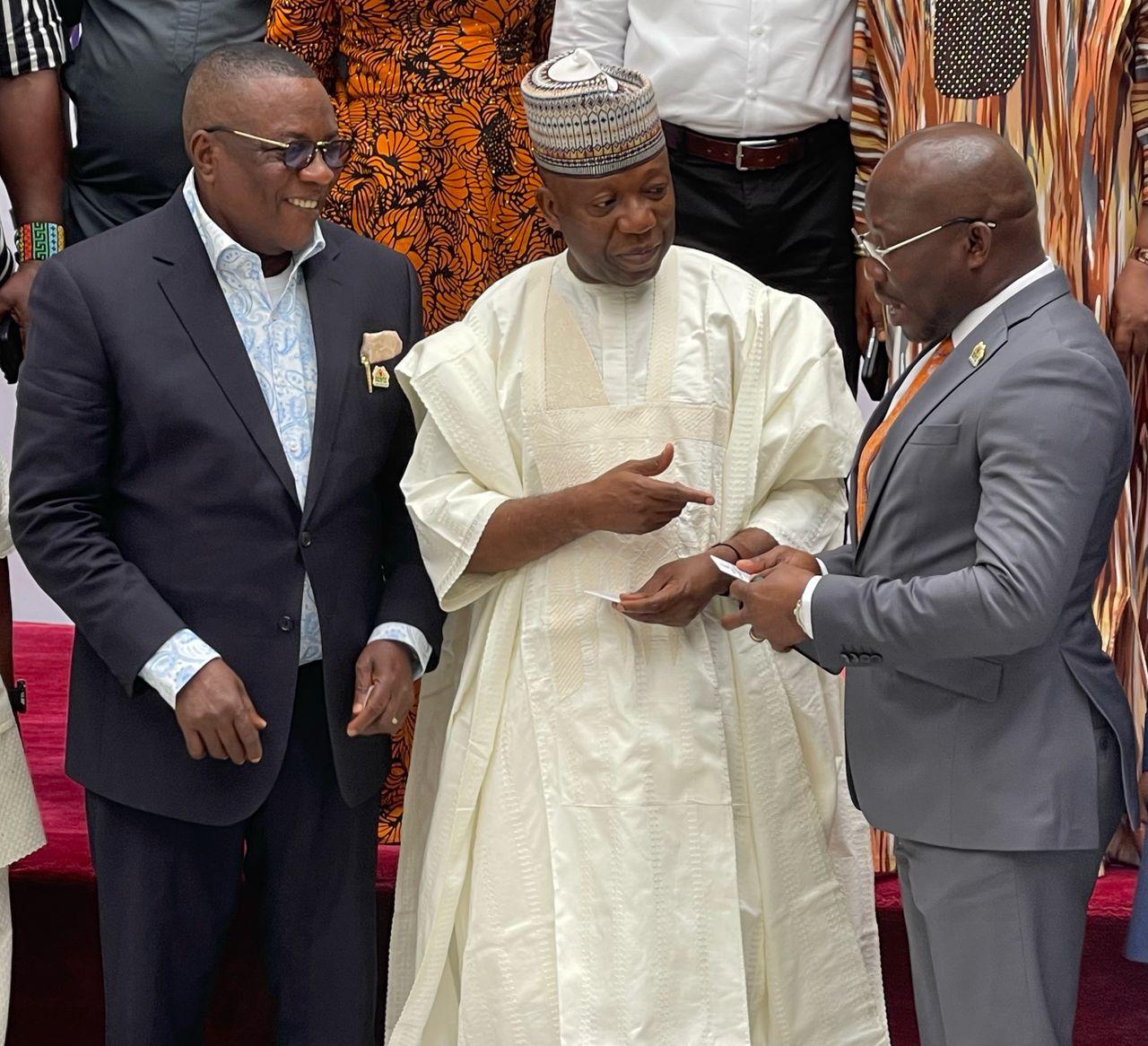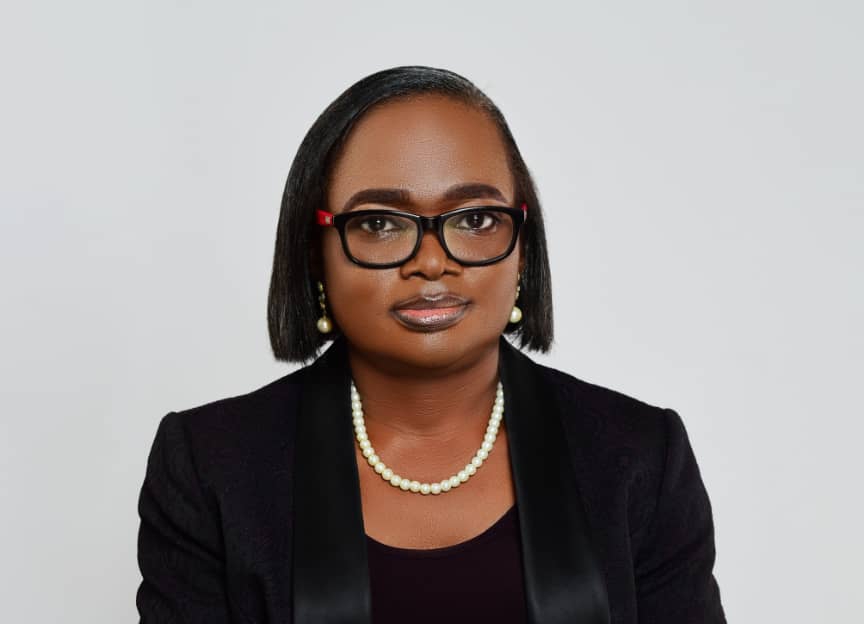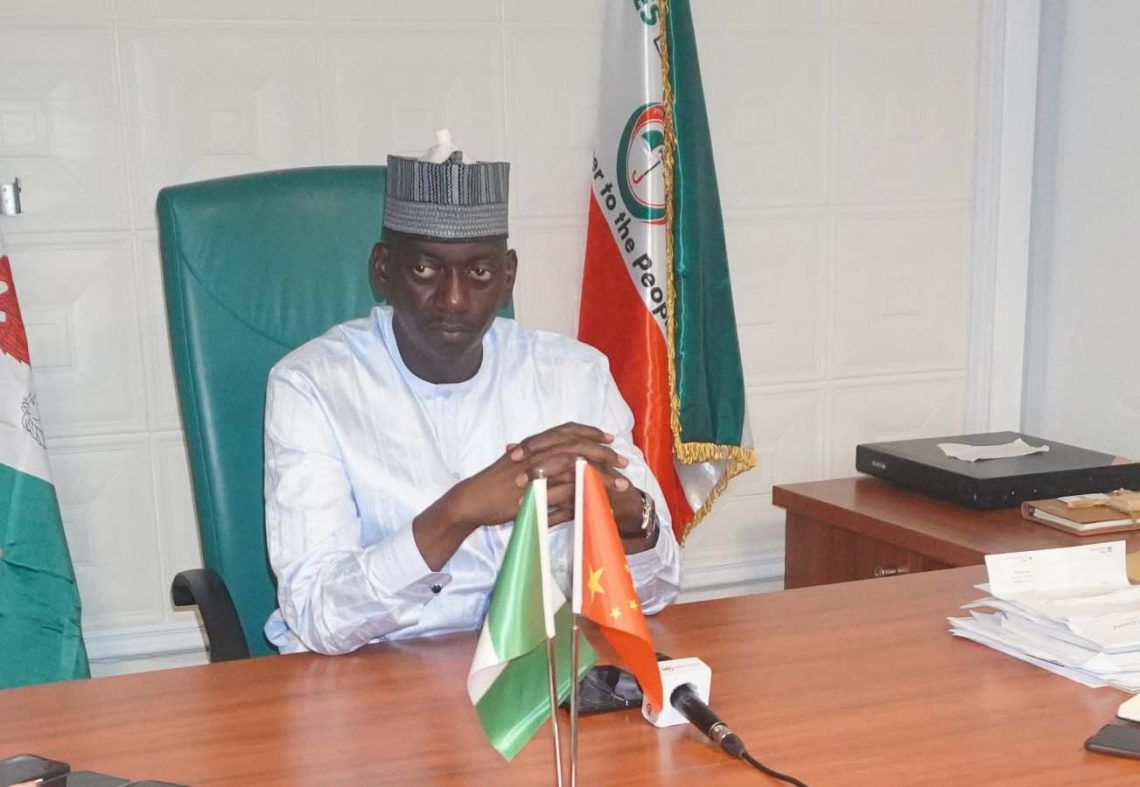NILDS D-G harps on continuous training of legislators
By EricJames Ochigbo
Director-General of National Institute for Legislative and Democratic Studies (NILDS), Prof. Abubakar Sulaiman, has stressed the need for continuous training of legislators for speedy delivery of democratic gains in the country.
He stated this on Thursday in Abuja at the opening of a two-day workshop organised by NILDS for members of Akwa Ibom House of Assembly.
The News Agency of Nigeria (NAN) reports that the workshop was titled ‘Ethics, Privileges, Practice and Procedures for Effective Legislative Performance’.
According to the director-general, effective legislatures are built not only on laws and infrastructure but on the capacity and commitment of the lawmakers and staff members to deliver on constitutional mandate effectively.
He said that the topics for the workshop were carefully selected and were central to the overall performance of any legislature.
Sulaiman said that a firm grasp of Standing Orders, for instance, would enable members to navigate debates, motions and other legislative procedure effectively.
“Understanding the scope and limits of legislative privileges helps protect the sanctity of the institution, while avoiding abuse.
“Likewise, oversight and committee management are fundamental to ensuring accountability and transparency in governance.
“Let me emphasise that ethics and privileges are not merely matters of procedure, but are also matters of principle, as they define the moral compass of the legislature and shape public perception of democratic governance.
“Therefore, your participation in this workshop is not just a statutory responsibility, it is a moral duty; there is no doubt that the legislature remains the fulcrum of democracy.
“Its strength lies in its processes, credibility in its ethics and its compliance in adherence to due procedure,” he said.
The director-general, therefore, urged the legislators to make the most of this opportunity to deepen your knowledge, sharpen your skills and strengthen your capacity for impactful legislative work,” he said.
He reaffirmed the institute’s commitment in supporting state houses of assembly across Nigeria through training, research, technical assistance and institutional partnerships.
Earlier in his remarks, the Speaker of Akwa Ibom house of assembly, Mr Udeme Otong, said that across all cultures and traditions, the importance of knowledge was universally emphasised, hence in secular terms, ‘knowledge is power’.
He quoted the book of Proverbs 4:7 which states that “wisdom is the principal thing; therefore get wisdom: and with all thy getting get understanding” as alluding to the importance of knowledge.
The speaker said that the thematic areas includes parliamentary business and the legislative process including personal etiquette.
This, he said, also included promoting legislative-executive relations; bill process and analysis, with a focus on judicial review of legislation as well budget and the appropriation process, among other Issues.
Otong said the workshop would improve awareness on ethical standards, privileges and responsibilities of legislators.
He said it would also enhance capacity to enforce ethical compliance and uphold legislative integrity while strengthening oversight mechanisms to ensure transparency and good governance.
The speaker said that the workshop would also improve capacity to enforce ethical compliance and legislative integrity.
He said that it offered a strategic opportunity to bridge existing gaps and build the capacity of lawmakers to fulfill their mandates more effectively.
Otong urged the participants to take advantage of the unique learning opportunity and make the very best use of it. (NAN)(www.nannews.ng)
Edited by Ifeyinwa Okonkwo/’Wale Sadeeq














